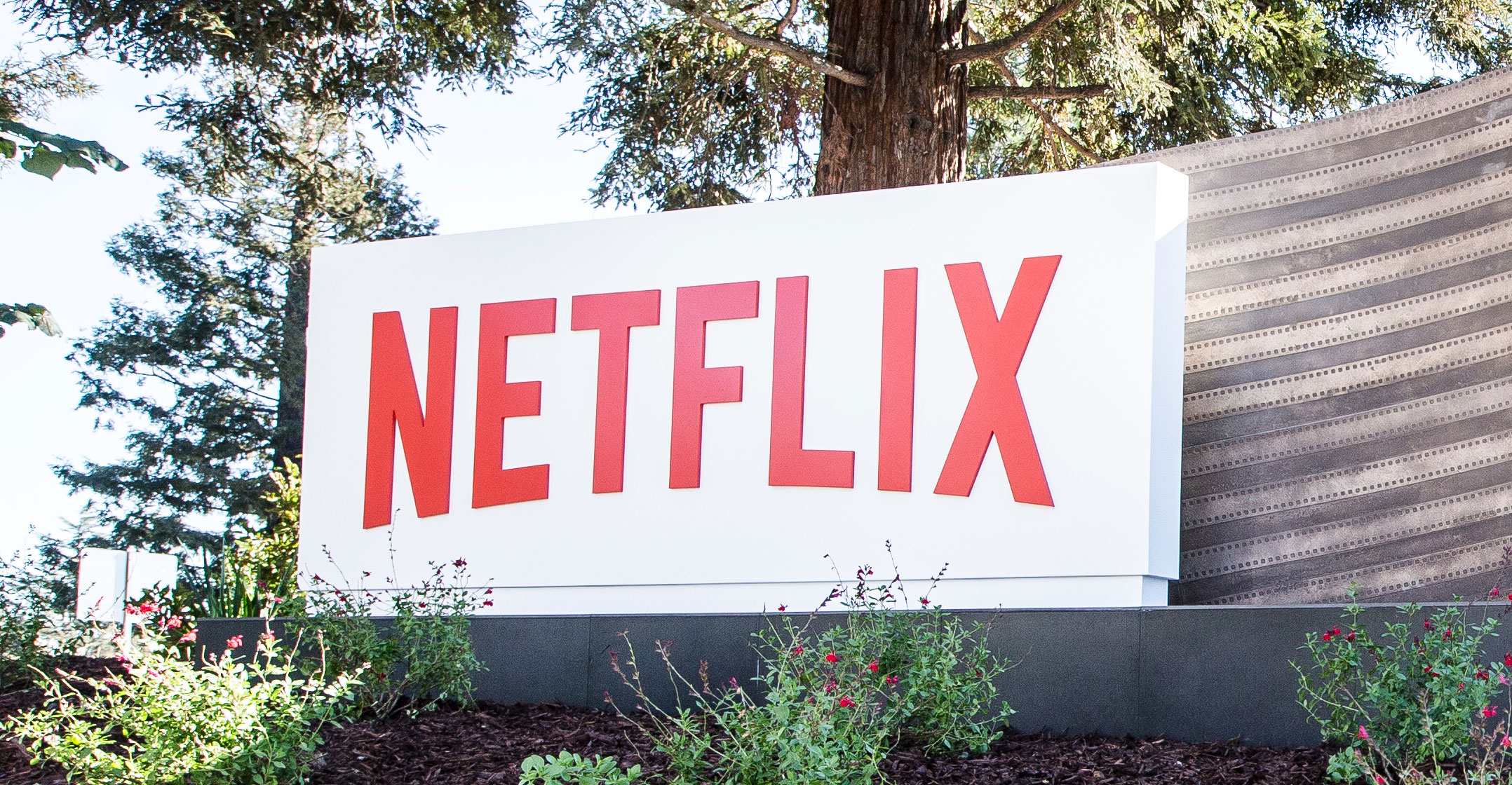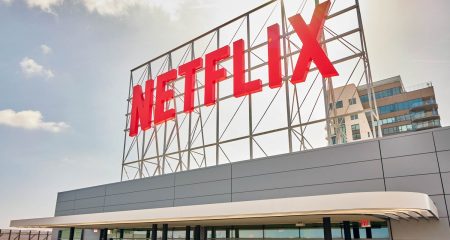
I try not to give billionaires or corporate managers unsolicited advice on what they should do with their money. Warren Buffett and Apple both have done rather well for themselves and their investors without my help. Today, I violate my own rule : Apple should buy Netflix in an all-stock deal for about US$100bn.
Let’s unpack this flight of fancy. In this scenario, Apple would be wildly overpaying for Netflix. However, the world’s most valuable company has a not-so-secret weapon: its own wildly expensive currency. Apple, whose stock price has surged 50% this year, is worth almost $900bn. It is on its way to becoming the first trillion-dollar company.
A merger — technically a takeover — provides each company with a solution to challenges both face. Apple has learnt that film and television are very different industries than music. Its video content offerings have not caught up to those offered by competitors Netflix and Amazon.com. Netflix is spending billions per year to acquire or create new content, money that it may not have in the future. A deep-pocketed partner would ensure the lead it has built does not disappear.
And both companies are well aware that the mightiest competitor they face these days is Amazon. A tie-up creates a competitor that would equal the Jeff Bezos juggernaut.
Given the fierce competition in the space — Prime now has 90m members, reaching 63% of all Amazon shoppers in the US — I would not expect much in the way of antitrust concerns.
Apple has already bought back shares of stock in excess of $200bn. A purchase of Netflix would require swapping about 1 1/3 shares of Apple stock for each share of Netflix (which closed on Monday at $174.25 and $200.13 respectively). Google’s purchase of YouTube and Amazon’s purchase of Whole Foods Market led both companies’ stocks to surge in excess of the purchase price, making the buys practically free. I doubt we will see that here, as Netflix is a much larger and more expensive buy. Wall Street also historically misunderstands what Apple does and won’t see how valuable the content deal is to Apple; recall the pushback on the original iMac, iPhone and iPad roll-outs.
Sloppy software
Outside of phones and tablets, Apple has not been competing well, especially in content. Its software is starting to become sloppy; it has ceded a giant lead in voice to Amazon; Apple TV has fallen behind the Google Chromecast and Amazon Fire Stick (not to mention Amazon Prime video as well). Apple TV has fallen well behind Roku and Fire Stick for innovation. Apple TV charges a premium over its competitors, but the sales numbers have made clear that Apple TV is no iPhone. (I have both the Fire Stick and Apple TV and almost exclusively use the Fire Stick.)
Oh, and one other thing: the latest smart TVs have Web services such as Amazon Prime and Netflix and HBO Go built right into them, so you no longer need the separate hardware to cut the cord and stream video. Take these new TVs out of the box, sign in with your username and password, and voila! You’re watching your favourite shows. These streaming TV dongles will eventually go away, leaving the big dogs to compete on content.

The advantages are many.
Apple acquires a library of content that would instantly make it competitive with Amazon. Netflix adds $10bn in annual revenue; Apple should be able to scale that fairly quickly, doubling or even tripling it over the next five years. The acquisition would immediately make Apple the world’s leading Internet television network with over 90m members in 190 countries. Tim Cook has a fairly deep bench, but some fresh management ideas in the form of Reed Hastings could help keep Apple from becoming too stodgy. Netflix can stop worrying about how it is going to access capital to pay for its original content. Spending $10bn or even $20bn/year on content acquisition would hardly dent the $300bn stockpile of cash Apple has accumulated. The team at Netflix can help Apple revamp its streaming video product. Apple TV sales could be juiced by including free Netflix memberships for six to 12 months with each new purchase. Netflix has broad expertise in native internet infrastructure.
There are some obvious arguments against.
At $100bn, Netflix would not be a small or inexpensive purchase. Apple has purchased lots of small firms for their expertise and engineers, but it has no experience making big purchases. Beats Music was its largest acquisition at $3bn. Netflix’s annual $10bn revenue won’t move the needle much for Apple, which does that much in sales about every two weeks. Netflix has not been especially profitable, earning $1.26/share, trading at over 200 times earnings. Any change to culture at either successful company will always be a risk. Making a large acquisition like Netflix is potentially a huge distraction to Apple’s core business — namely, making insanely great hardware and software.
The upsides for Apple are fairly obvious; the biggest downside is the cost. If anything, it might spare us the boring quarterly routine of analysts expecting soft iPhone sales and then being shocked when the company beats to the upside.
If Apple passes on Netflix, don’t be surprised if Amazon does not. That alone is reason to make the purchase. — By Barry Ritholtz, (c) 2017 Bloomberg LP




